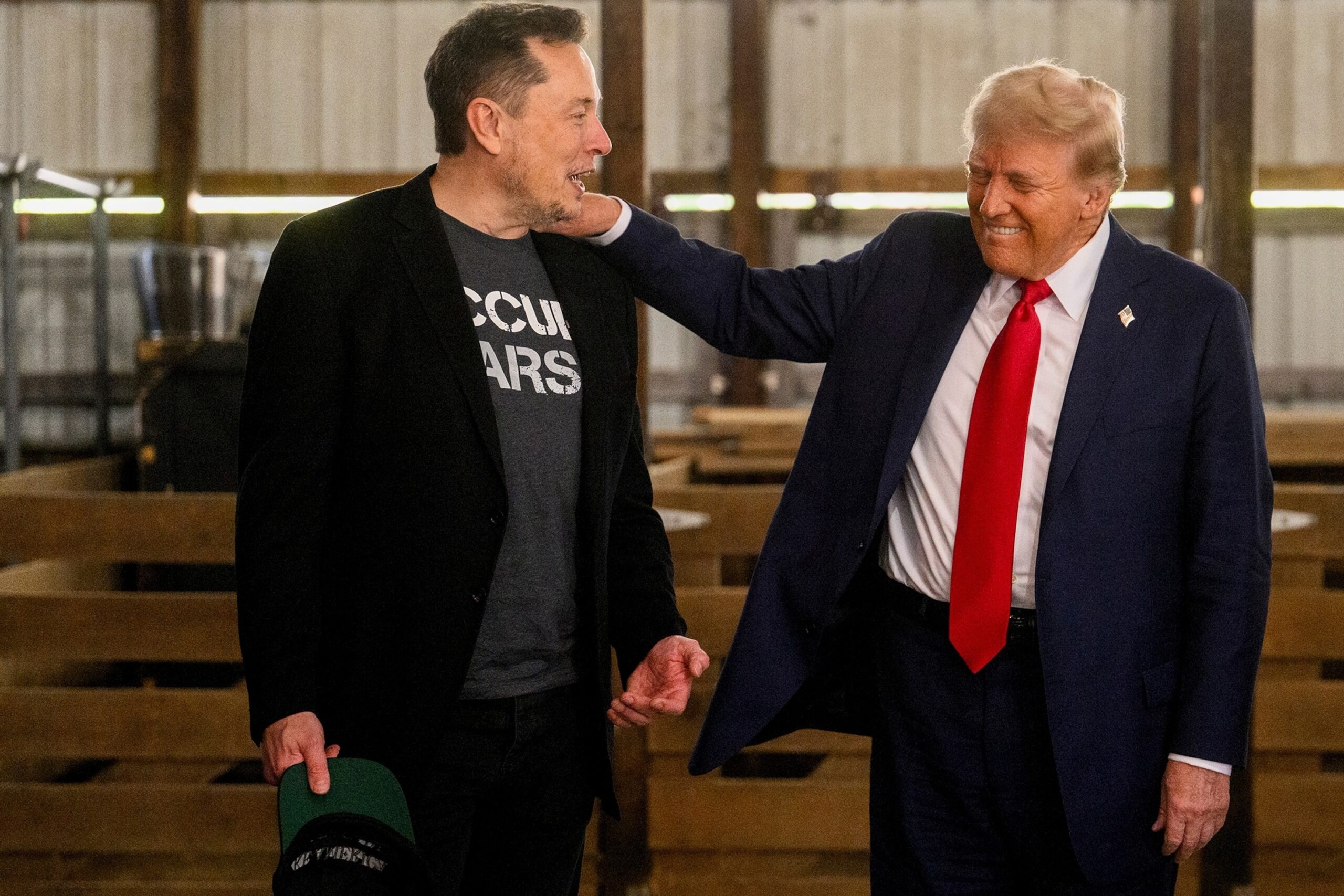Title: Trump Appoints Elon Musk To Lead U.S. Govt Efficiency Department
In an unprecedented move, President-elect Donald Trump has appointed Elon Musk, the world’s richest man and an entrepreneur par excellence, to serve in a pivotal role within his cabinet. Alongside former Republican presidential candidate Vivek Ramaswamy, Musk will co-chair a newly established Department of Government Efficiency.
The appointment reflects the President-elect’s intention to infuse an entrepreneurial spirit into government administration, leveraging the unique skill set and innovative mindset of these unconventional picks.
The Department of Government Efficiency is an ambitious venture aimed at revolutionizing the way American bureaucracy functions. Trump signaled that this entity will be granted the option to operate outside the traditional confines of government, thus indicating a significant departure from customary procedural norms.
Elon Musk, the visionary behind SpaceX, Tesla Inc., and Neuralink, among other innovative ventures, brings a wealth of pioneering experience to the table. Known for his propensity to embrace risk and challenge conventionality, Musk’s appointment underscores Trump’s resolve to redefine and optimize the effectiveness of government operations.
Partnering with Musk is Vivek Ramaswamy, an accomplished entrepreneur and the former Republican presidential candidate. Ramaswamy’s track record spans significant achievements in biotechnology as founder of the successful startup, Roivant Sciences. His political acumen coupled with business dynamism promises an interesting synergy in pursuit of the department’s mission.
Trump’s choice to fill his cabinet positions with tech industry behemoths seems to be a strategic attempt to leverage their disruptive innovation, agility, and problem-solving expertise. His administration appears to understand the potential for technology and innovation to streamline government procedures, thereby facilitating swifter executions and ultimately a powerful, efficient administration.
It’s telling that the Department of Government Efficiency is slated to operate independently of the government. With this freedom, Musk and Ramaswamy gain the potential for introducing radical change, unencumbered by political interests or bureaucratic inertia. Time will tell whether this autonomy will translate into tangible, positive transformations of the administration’s inner workings.
Critics, however, express apprehension about the separation of the Department from the rest of the Government. They argue that it could lead to unchecked powers, resulting in potential misuse or overlooking of social and economic impact in pursuit of efficiency. It remains to be seen how these potential concerns will be addressed and mitigated by the administration.
The selection of two pioneering yet drastically different leaders seemingly represents Trump’s gamble on a heterodox approach. Balancing the audacious technological entrepreneurship of Musk with Ramaswamy’s proven business finesse and political insight, Trump posits a bold blueprint for transforming American bureaucracy.
In conclusion, it’s clear that Trump intends to harness the innovation and entrepreneurial spirit of these industry titans to streamline and enhance government efficiency. As the world keenly awaits to observe the impact of these appointments, there are high hopes that this seemingly audacious move will pay off in reshaping the efficiency and effectiveness of the U.S. government.




